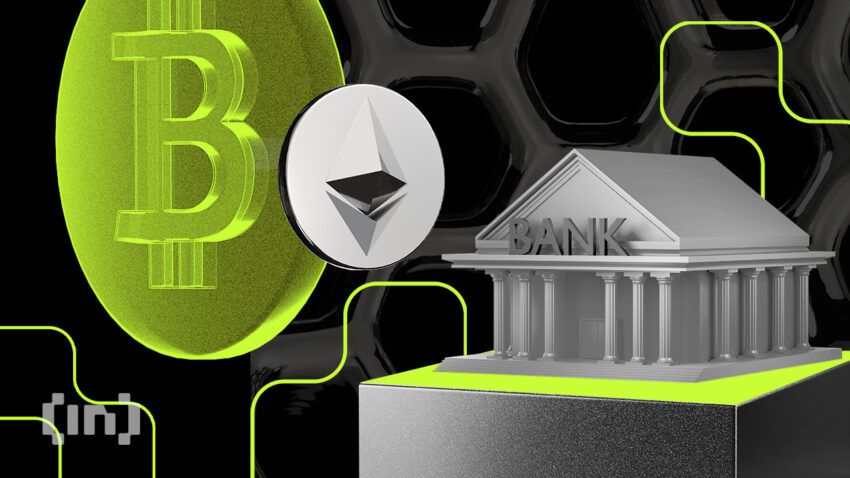Two companies have announced their ambitious plans to change critical aspects of lending and crypto-native banking.
UK-based startup Harbour on Wednesday announced its launch of a new crypto-native banking platform. The new service claims to build a more seamless connection between TradFi services and crypto.
Harbour 1.0, slated for a summer rollout, will introduce a crypto-native checking account, allowing users to manage all their assets in a single app.
Harbour’s platform will also offer a USDC debit card and account, and its app will be compatible with Android and Apple devices. The platform also holds fiat and crypto funds in insolvency remote accounts to ensure transparency and safety. Harbour aims eventually to provide on-chain proof of assets, and allow users to verify balances independently.
Traditional banks are usually conservative with regard to cryptocurrencies. Recently, banks have put restrictions on customers making crypto purchases. This reticence on the part of traditional retailers opens the door for startups with innovative products and services.

Credora Helping Out Lenders
Credora has also announced a $6 million strategic funding round with major investors, including S&P Global and Coinbase Ventures. The funding will go toward improving institutional rails for credit and enhancing Credora’s private computation technology.
Credora uses privacy-preserving zero-knowledge proofs to hone lenders’ ability to assess credit risk in real time. It claims to solve a big problem in financial markets: information asymmetry.
In most scenarios, borrowers don’t want to share important information. This makes it hard for lenders to make good decisions about whom to offer loans. Zero-knowledge proofs allow lenders to know more about counterparties without borrowers giving away too much information.
The funding round also included participation from several other investors with an interest in fostering financial innovation. Participants included Amber Group, CMT Digital, KuCoin Ventures, Pirata Capital, Breed VC, WAGMI Ventures, and others.
Disclaimer
In adherence to the Trust Project guidelines, BeInCrypto is committed to unbiased, transparent reporting. This news article aims to provide accurate, timely information. However, readers are advised to verify facts independently and consult with a professional before making any decisions based on this content. Please note that our Terms and Conditions, Privacy Policy, and Disclaimers have been updated.


